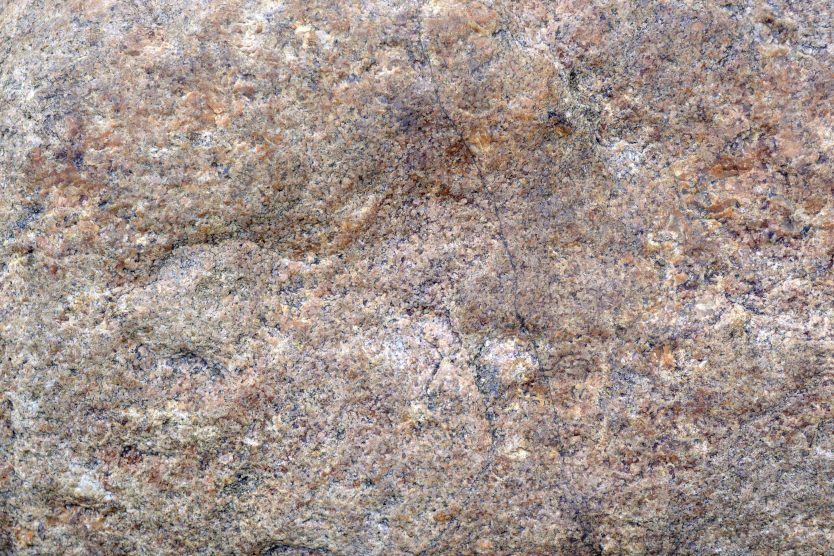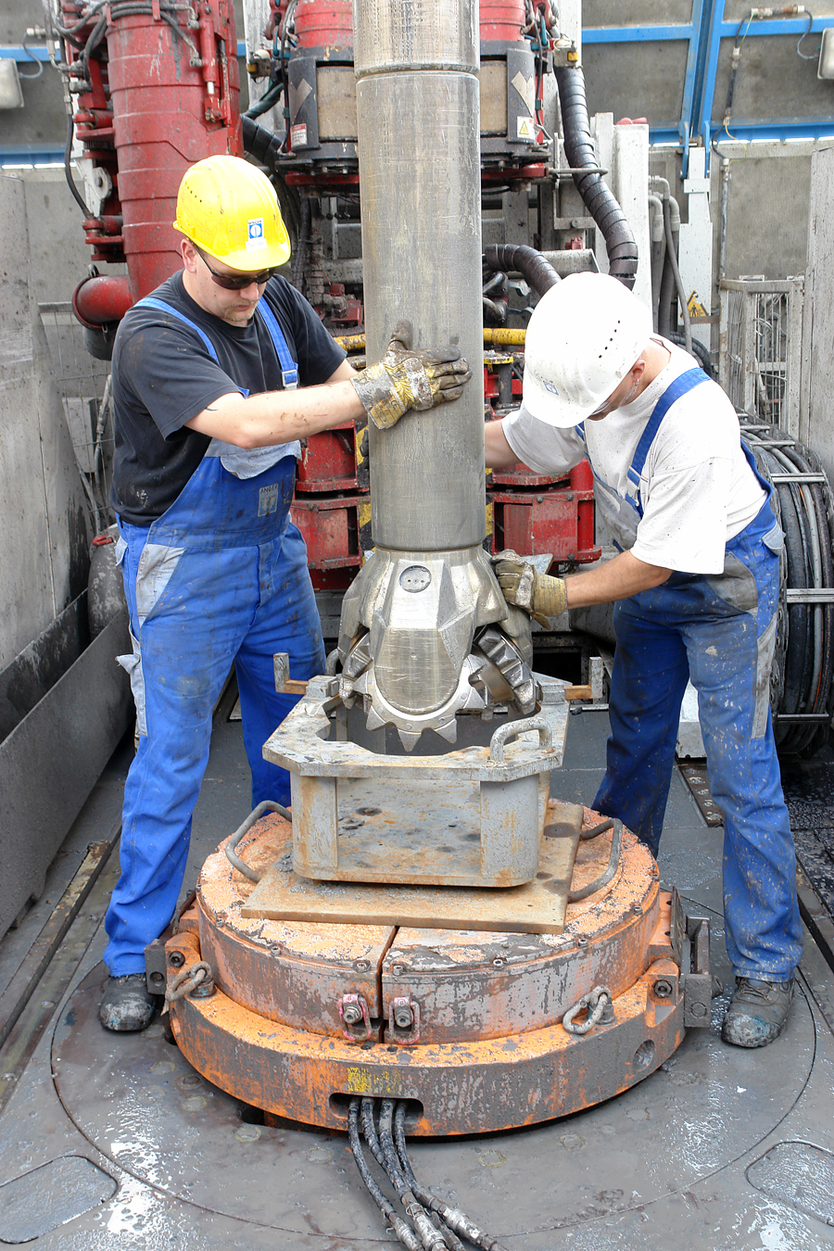Consent management
Please support the Ministry’s public relations work: We need your consent to be able to measure your user activity on our website using etracker. A pseudonymised evaluation of this data by etracker helps us to improve our website. You can revoke your consent at any time for the future. Once you have made your selection, the consent management screen will appear at the bottom of the page. You can use this to stop or to reactivate the statistical evaluation at any point. You can reactivate tracking by dragging the slider in the opposite direction.
This website sets temporary session cookies. These are strictly necessary and therefore cannot be deselected. Their sole purpose is to enable you to use the website.
How does etracker work? A script on our website triggers an http request which automatically forwards your IP address and the user agent to etracker GmbH. The first action is that your IP address is automatically shortened. The software then pseudonymises the transmitted data solely in order to identify multiple uses during the session. After seven days, all the attributions to the session are deleted, and your statistical data are entirely anonymised. Etracker is a German company and processes your data exclusively on our behalf on protected servers. The data are not passed on to other third parties. The Federal Ministry for Economic Affairs and Climate Action is responsible for this processing of your data. You can contact our data protection officer at datenschutzbeauftragte@bmwk.bund.de. The legal basis is your consent in accordance with section 25(1) of the Act on Data Protection and the Protection of Privacy in Telecommunications and the Telemedia (TTDSG) in conjunction with Article 6(1)a of the General Data Protection Regulation (GDPR) and section 3(1) of the Act to Promote Electronic Government (EGovG). We have ensured that you can withdraw your consent at any time without any negative repercussions and wish to give you full control over the tracking on our website. We also provide a consent management function for this at the bottom of the page. You can use this to control whether etracker is enabled or not.
The Ministry also presents its work on this website in the form of videos. These are made available by the provider TV1 using JW Player. Please consent to the transmission of your IP address and other technical data to JW Player and allow JW Player to set cookies on your end device if you wish to view videos on our website. We also provide a consent management function for this at the bottom of the page. You can use this to control whether JW Player is enabled or not.
You can find detailed information on your rights and how we protect your privacy in our privacy policy.




